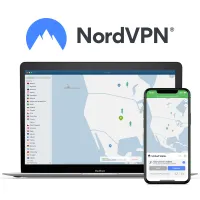The first para-climbing World Cup kicks off next week - here’s how to watch it and everything else you need to know
The latest competition pits the world's best paraclimbers head-to-head over two intense days on the wall
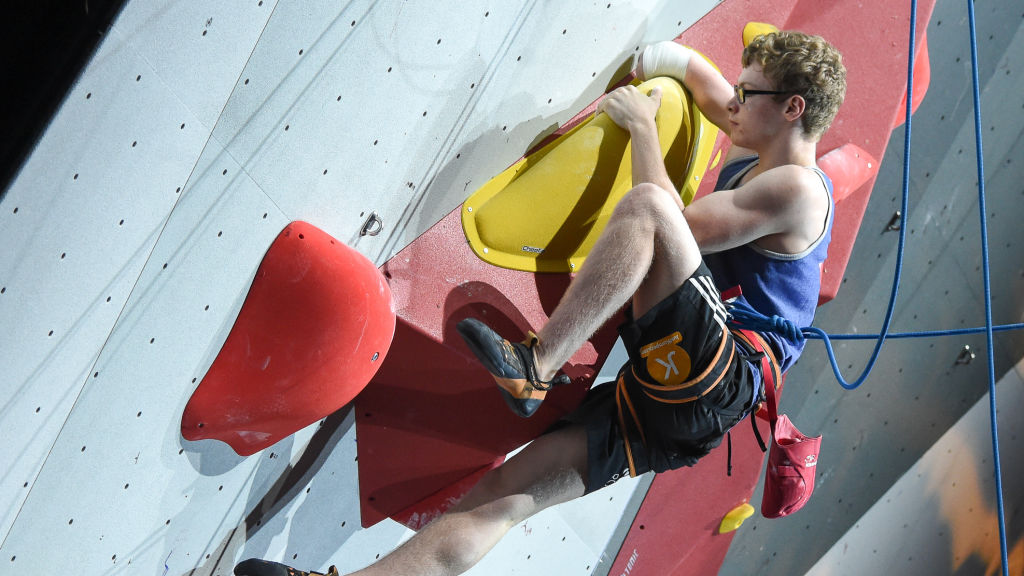
All the latest inspiration, tips and guides to help you plan your next Advnture!
You are now subscribed
Your newsletter sign-up was successful
Competitive paraclimbing is finally back.
After a lengthy seven-month absence, the first paraclimbing World Cup of the year gets underway next week in Salt Lake City, USA. With months of training behind them, the world's best paraclimbers will battle it out to claim gold in the first of three paraclimbing World Cup events held throughout the year.
But what exactly is this paraclimbing, and how does it work? Read on for everything you need to know about this thrilling sport and its upcoming World Cup competition.
What is paraclimbing
The term paraclimbing describes any form of indoor or outdoor climbing performed by someone living with a disability. It can be amateur or professional, and can manifest in multiple climbing disciplines, like lead climbing, bouldering, or any other style.
People living with disabilities have been climbing for all of human history, but the sport only became official in 2003, at the first international paraclimbing competition.
Eight years later, the International Federation of Sport Climbing (IFSC) organized the first paraclimbing World Championships, and the sport has become increasingly professionalized ever since.
How does the paraclimbing World Cup work?
The IFSC World Cup is the world's premier paraclimbing competition, pitting the best of the best against each other in three intense competitions over the year.
All the latest inspiration, tips and guides to help you plan your next Advnture!
The first takes place from May 20 to 21 in Salt Lake City, USA. The second will be in Innsbruck, Austria, from June 23 to 24. And the final round is in Laval, France, from 24 to 26 October.
The IFSC World Cup incorporates a wide variety of climbers living with all sorts of disabilities. Competitors are divided into three broad classes: 'blind sport class', 'amputees', and 'limited reach, power, and stability'. They're then further categorized depending on the nature of their disability.
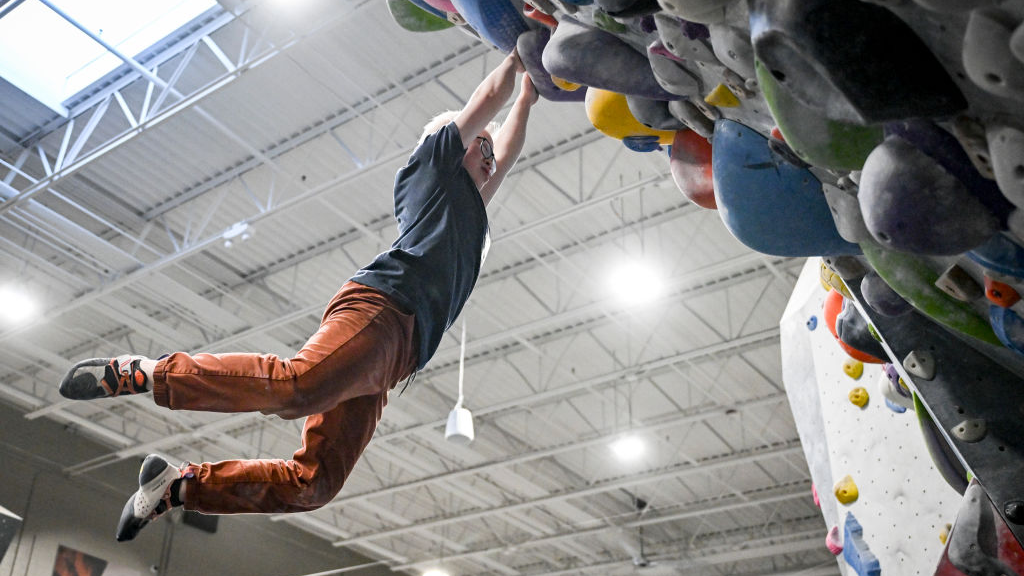
In total, climbers from ten different men's and women's sub-classes compete in lead climbing competitions, where they race to the top of a wall and clip their rope to different checkpoints.
Athletes in the limited reach, power, and stability class use static movements to power themselves up the wall, while those in the amputees class have to make do without limbs that would otherwise be vital to non-disabled climbers.
Visually impaired climbers in the blind sport class are assisted by guides on the ground, who describe the route as they feel their way up.
How to watch the paraclimbing World Cup
There are a few different ways to watch the paraclimbing World Cup depending on your location and budget.
Lucky viewers in the US and Canada can catch all three World Cup competitions for free on the IFSC YouTube channel. You can also watch live coverage and reaction on the Olympics channel via Olympics.com.
Viewers in the United Kingdom and Europe can stream the competition exclusively on Warner Bros Discovery’s streaming services.
For UK and Irish viewers, that's TNT Sports, which you can access via a subscription to Discovery+ Premium. If you're in Europe, you can stream the World Cup on Eurosport or via the Discovery+ platform.
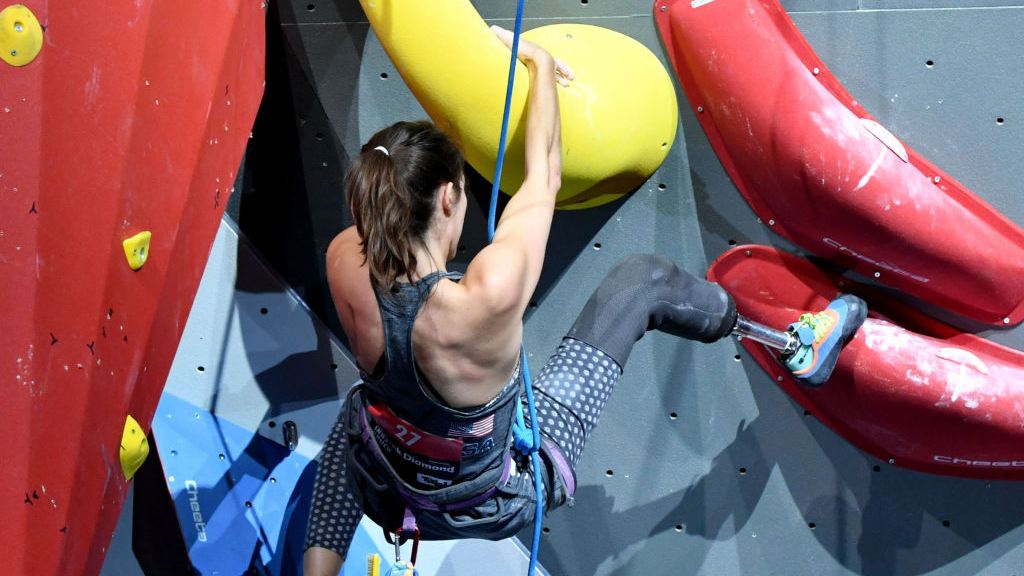
If you're travelling overseas during the World Cup, you can catch all the action using a VPN. These handy private networks create a private connection between your device and the internet, meaning the service can’t work out where you are.
The experts at our sister site TechRadar recommend NordVPN.
NordVPN, featuring a 30-day, money-back guarantee
Our sister site TechRadar recommends NordVPN for its speedy connections, trustworthy security and the fact it works with Android, Apple, Roku, Amazon Fire TV, PS4 and loads more. You also get a money-back guarantee and 24/7 support.
We test and review VPN services in the context of legal recreational uses. For example: 1. Accessing a service from another country (subject to the terms and conditions of that service). 2. Protecting your online security and strengthening your online privacy when abroad. We do not support or condone the illegal or malicious use of VPN services. Consuming pirated content that is paid-for is neither endorsed nor approved by Future Publishing.
For more on paraclimbing, check out our interview with three-time world champion and former Team GB athlete Matthew Phillips.
- The best Garmin watches: make the right choice for the sport you love
- The best GPS watches: feature-packed timepieces to keep you on course
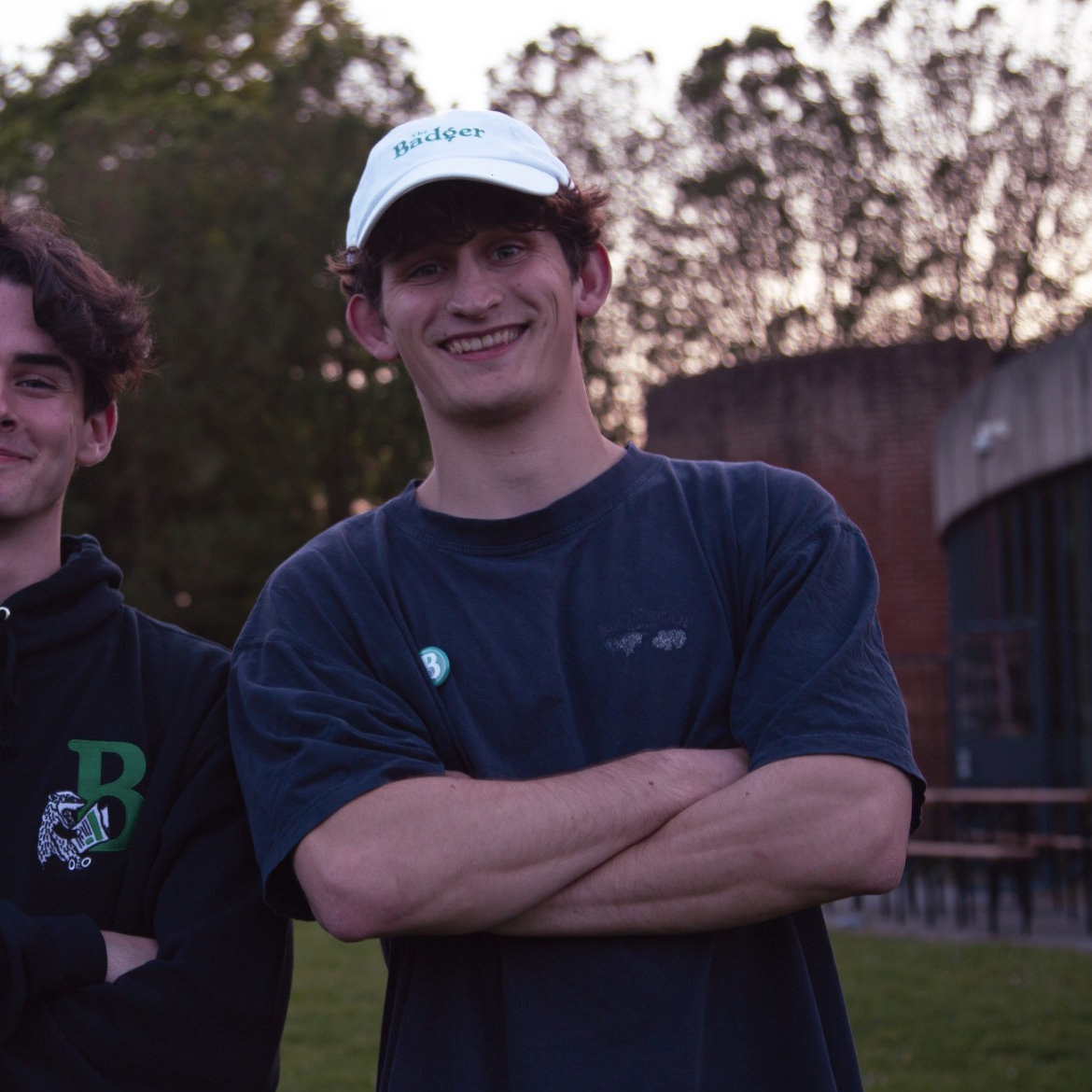
Will Symons developed his love of the outdoors as a student, exploring every inch of Sussex’s South Downs national park and swimming off the Brighton seafront. Now a staff writer for Advnture, Will previously worked as a freelance journalist and writer, covering everything from cricket to ancient history. Like most Advnture staff, Will’s free time is rarely spent indoors, he can often be found hiking, open water swimming or playing cricket.
